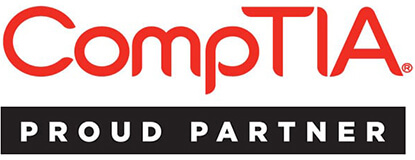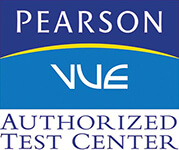10 Technology Careers You Can Pursue
Technology never slows down, and with new advancements come new responsibilities. If you have an interest in computers and digital operations, you may find excitement in one of these 10 technology careers.
- Help Desk Support Specialist
Working as a help desk technician, you are the go-to person when technology misfires for employees. This specialist should be well-versed in both computer software and hardware with a number of strategies on hand to solve common problems with a strength in troubleshooting to tackle unfamiliar issues.
- PC Support Specialist
Those who provide PC support generally work to help private users having problems with their home computers, but they may occasionally be consulted by companies for specialized assistance. Because this job is often performed via phone or online chat, it’s important to have the skill to explain technical instructions clearly.
- Software Developer
Every program you run on your computer was likely created by a software developer. This professional devises concepts for the software from the beginning. He or she designs the program’s layout and functionality with special attention to the user experience. A career in this direction requires both technical prowess and creativity.
- Computer Programmer
The computer programmer is the architect who brings the designs of a software developer to life. The main responsibility is to write the code that makes the program work. A meticulous attention to detail is required here because even the smallest error can cause major aspects of the program to function incorrectly.
- Network Systems Administrator
A network or computer systems administrator is responsible for a company’s local area network. Because organizations rely on LANs to communicate and operate, the administrator must be proficient in troubleshooting global issues within the system to get it back up and running as soon as possible whenever it goes down.
- Network Technician
The focus of a network or computer systems technician is to repair issues within a company’s digital infrastructure. While the administrator is often the expert on how to fix disruptions to the LAN, a technician is usually the one dispatched to complete the job. An ability to think on one’s feet is a good quality for this position so that solutions can be put into place quickly.
- Database Administrator
Databases are basically the digital storage centers for all the information a company needs for operation. The database administrator monitors this data and keeps it organized, while also providing security expertise to protect the information from malicious thieves.
- Security Analyst
Someone who works as a security analyst takes on the task of protecting a company’s sensitive data. These professionals are experts on best practices to keep information safe, with a trained eye to detect threats and identify fraudulent behavior. A security analyst should also be well prepared to diagnose and repair a system that’s already been infected.
- Mobile Device Specialist
Cell phones and tablets have become a staple for most individuals, requiring experts who know exactly how they tick. As a mobile device specialist, you need to understand various mobile operating systems, in particular how they run and how to repair issues. You may also pursue a path in application development and programming.
- Web Developer
Almost every business has a website and web developers are the ones who typically build them. A keen eye for design and knowledge of successful webpage tactics are essential to succeeding in this role. Like a programmer, this person should be great with coding and is a stickler for details.
If you’re interested in in computer science and technology, start your journey to success today by checking out our Computer Systems Technician Training program.








